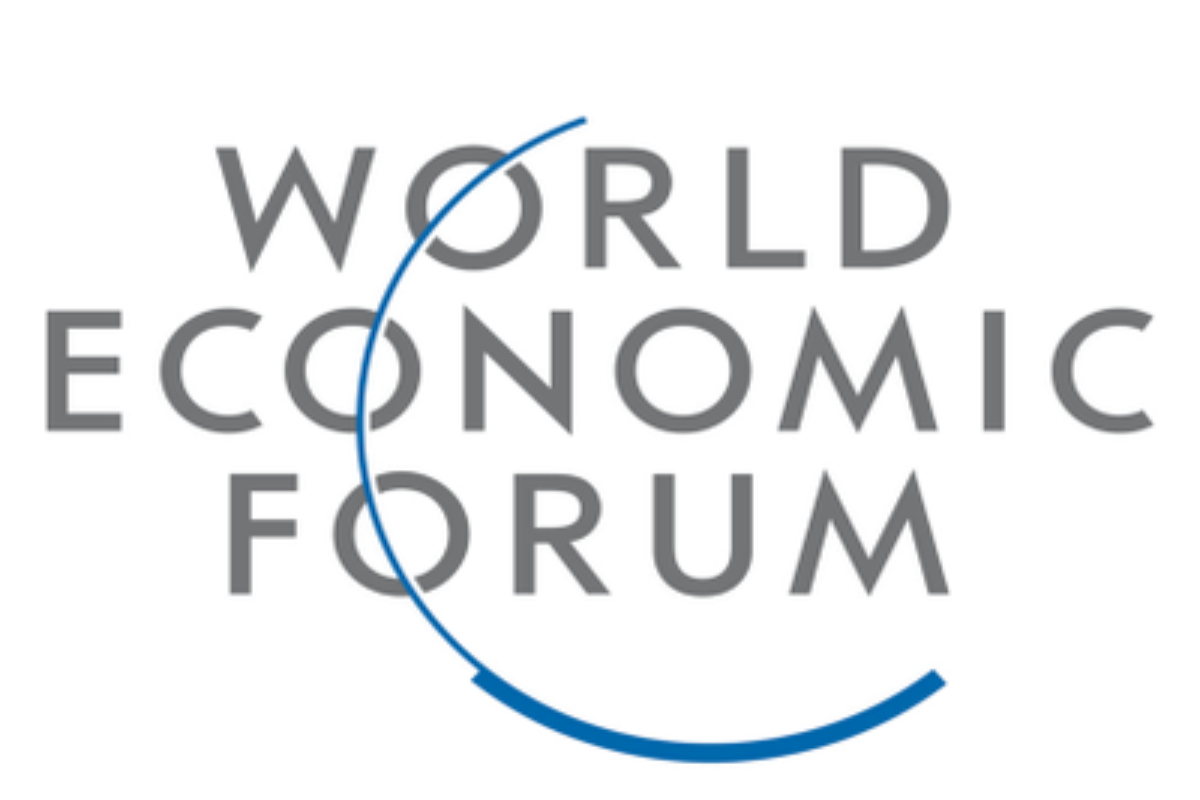Interaction with Forecasters & Economists of GDP and CPI in Mumbai
The Ministry of Statistics and Programme Implementation (MoSPI) organised the meet in Mumbai for making these indices more robust and effective.
The World Economic Forum on Monday said over half (56 per cent) of chief economists expect the global economy to weaken in 2024.

[Photo: Twitter/@wef]
The World Economic Forum on Monday said over half (56 per cent) of chief economists expect the global economy to weaken in 2024.
According to the latest ‘Chief Economists Outlook’ the global economic prospects remain subdued and uncertain. Challenges include tight financial conditions, geopolitical rifts, and the rapid development of generativeartificial intelligence (AI).
With governments increasingly utilising industrial policy tools, there is a near-unanimous expectation of continued lack of coordination between countries, it said.
Advertisement
The report further highlighted that 43 per cent of chief economists predict unchanged or improved conditions, while a significant majority expect labour markets (77 pc) and financial conditions (70 pc) to relax in the coming year.
Despite regional variations in growth forecasts, no region is expected to experience very strong growth in 2024, although there has been a reduction in high inflation expectations across all regions.
The economic outlook for South Asia and East Asia and Pacific remains positive and largely consistent with previous surveys, with the majority expecting at least moderate growth in 2024 (93 and 86 per cent, respectively).
However, China’s outlook is more cautious, with 69 per cent predicting moderate growth due to weak consumption, decreased industrial production, and concerns in the property market.
Saadia Zahidi, Managing Director, World Economic Forum, said, “Amid accelerating divergence, the resilience of the global economy will continue to be tested in the year ahead. Though global inflation is easing, growth is stalling, financial conditions remain tight, global tensions are deepening and inequalities are rising – highlighting the urgent need for global cooperation to build momentum for sustainable, inclusive economic growth.”
Interestingly, the report highlighted that in Europe, the economic forecast has significantly deteriorated since September 2023, with 77 per cent of respondents anticipating weak or very weak growth.
The outlook in the United States and the Middle East and North Africa has also dimmed, with approximately 60 per cent predicting moderate or stronger growth this year, a decrease from 78% and 79 per cent, respectively.
However, growth expectations in Latin America and the Caribbean, sub-Saharan Africa, and Central Asia have improved, with predictions pointing towards moderate growth.
More importantly, about 70 per cent of chief economists believe that geo-economic fragmentation will intensify this year. Many suggest that geopolitical factors will contribute to volatility in the global economy and stock markets, promote localisation, strengthen geo-economic blocs, and expand the North-South divide over the next three years.
Advertisement